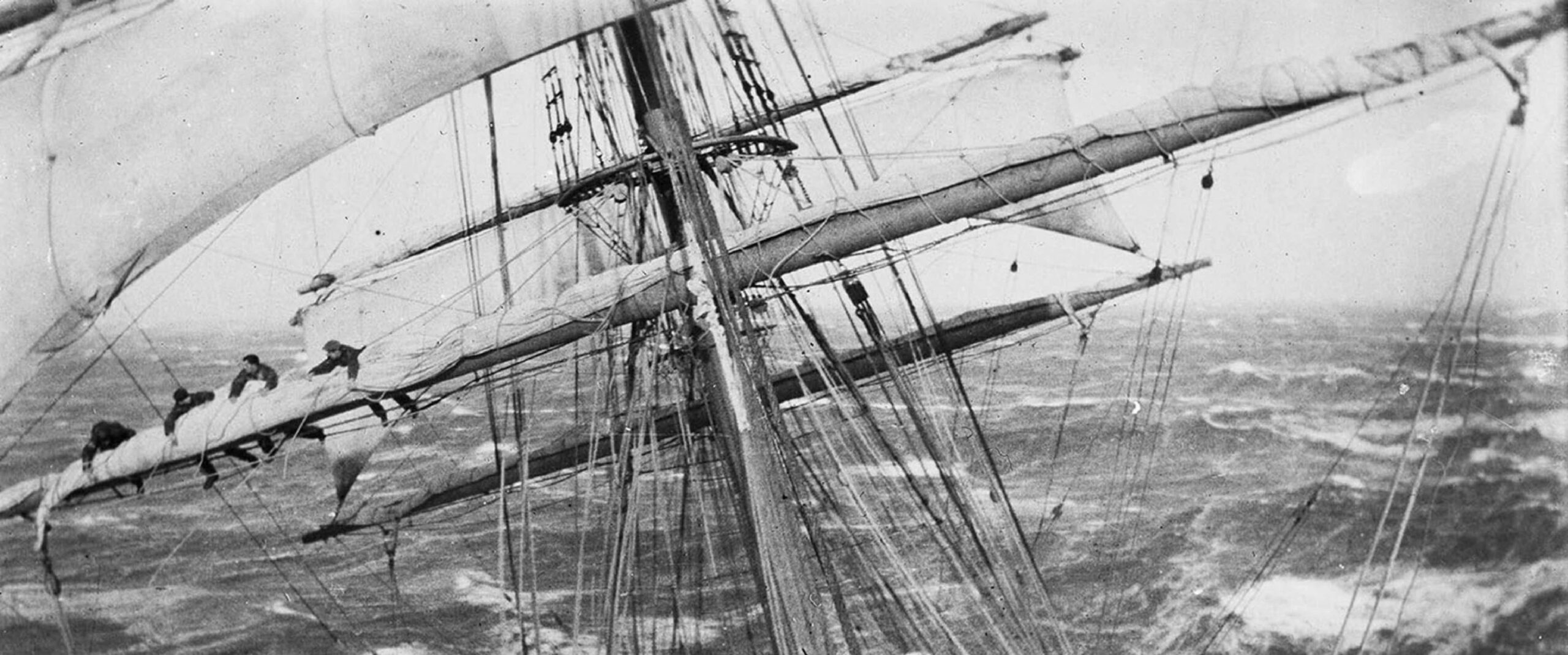
For most of human history people lived in small groups of no more than 150. These families or small villages could be sustained through a hierarchy led by strong individuals – we call them Rulers. The attributes of leaders which make them Rulers survive today and form the 2nd of our “Leadership Team”.
Neither Good nor Bad
The Ruler in us seeks to influence others. Though we may not wish to admit it, it seeks to dominate them and get them to do things we want.
This Ruler can be benign or malevolent, kind or evil – that choice is made by the first member of the “Team” – the Person.
A kind or empathetic leader is still seeking to influence people, just via different means.
What matters for Leaders is that they have the Ruler in them – to provide that mysterious mix of energy and direction that makes success happen.

Like every member of the leadership team the Ruler has positives and negatives. Here are 2:
1. Vision
Charles Handy compares our Ruler to the Greek God Zeus, the Power player who controls decisions through relationships.
The other side to the “do what I want” story is that the Ruler has to know what they want. This is where the vision for the team comes from – the vision of where the team should go. Without that Vision (we call them Standards…) a team will soon be lost in Confusion.
A good leader sets clear targets and priorities and sticks with them because they are part of their overall picture of the Team, their Vision. The Ruler holds the Vision.
Anyone who has worked in a committee knows they can be frustrating and often don’t succeed. A common reason for the failure of committees is the lack of a Ruler who can keep things on track, or (worse) too many Rulers who compete for influence and have different visions. Are you in a committee?
2. Relationships…
In later posts we’ll talk about the dependence the Ruler has on other member of the team. Those dependencies are vital because the Ruler by themselves is actually not so powerful at all.
Remember that the Ruler evolved in a different world to that which we live in – small family or tribal groups where everybody knew each other. Relationships evolved to be important to us because they are how we”know” people. The problem is that the number of people we can know is limited to somewhere around 150. The size of those ancient communities isn’t coincidental – it’s the biggest size a simple Ruler hierarchy can manage.
If you’re interested in why this is so, it’s well established through neuroscience and historical research. Even today in primitive societies villages don’t grow much bigger than 150 people… This has interesting and maybe vital consequences for most organizations that grow beyond that size, especially if they grow fast. How many people do you “know”?
The risk for our Ruler isn’t their vision and influencing skills, it’s that personal influence only extends so far and reliance on that alone in large organizations will likely lead to failure. Worse it can lead to an illusion of action within an immediate team that hasn’t spread beyond that group.
We tend to think of famous political leaders who have “Ruled” through the force of their own personality and vision – Napoleon, Hitler, Mandela – but in the arc of history these people are exceedingly rare and were actually never alone in their quest to influence. They led movements, they influenced, others did the work.
” a kind or empathetic leader is still seeking to influence people, just via different means…”
The Ruler is a vital part of every leader because it is a vital part of how we function together as humans in groups. When we understand the Ruler’s role in our own leadership style we can begin to understand our team’s “Felt Leadership”.
Finally a word of warning – the Ruler gets lots of attention – because we have evolved to follow their behavior. It’s also why celebrities are a thing. Don’t let that attention fool you into thinking that it’s the only one that matters.
How strong is the Ruler in your “Leadership Team”?
Do you have a Vision or are you just making decisions?
Are relationships important for your Leadership?

